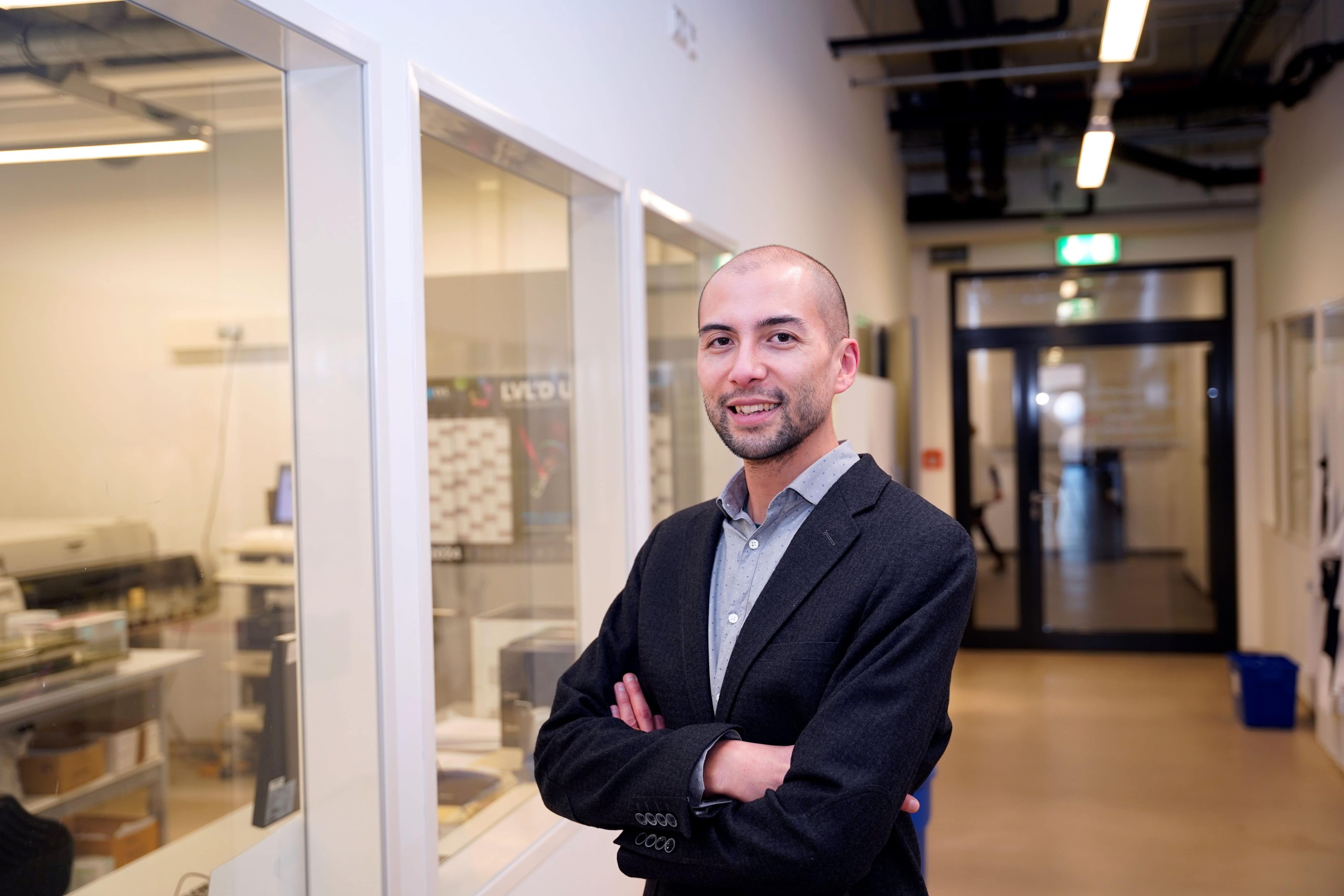Bioinformatics & Data Science
The “Bioinformatics & Data Science” platform is made up of bioinformaticians and data scientists and offers a wide range of services based on state-of-the-art data analysis methods. On the one hand, the aim is to provide precise diagnostic evaluations in a timely manner, which are essential for patient care. On the other hand, procedural laboratory operations are to be supported by automation and digitalization as well as analysis and visualization of the data generated on a daily basis. Both are carried out in close cooperation with the specialist and administrative departments, regardless of location and subject area.
As part of quality assurance, the platform supports the specialist departments in complying with the regulatory requirements for diagnostics software. The platform sees itself both as a source of inspiration and as a partner for feasibility assessments for the translation of the latest scientific innovations into diagnostics. Furthermore, the platform works closely with the Information Technology department to provide the infrastructure for state-of-the-art evaluation strategies and legal requirements for data storage.
Range of services
-
Genomic analyses using next generation sequencing (NGS) and nanopore sequencing measure several million data points per sample, which require a standardized evaluation with high diagnostic accuracy. In the fields of human genetics and hematology/oncology, the BID platform processes this sequencing data into annotated genome variant lists for tertiary evaluation (diagnosis) as part of secondary analysis. The platform is the first point of contact for queries regarding evaluation results or extended analyses.
-
The Molecular Diagnostics Platform provides pathogen diagnostics and microbiome analysis using NGS for the fields of microbiology and virology. Amplicon sequencing of the 16S rRNA gene or the ITS region is used to identify bacteria and fungi. Whole genome sequencing is also used, which promises a more precise resolution and is also used for genomic resistance testing and the typing of germs.
The BID platform takes over the tasks of quality control and processing of the NGS data, as well as the preparation of the results for technical and medical reporting. The evaluation is being further developed on the basis of the latest findings from research and public databases.
-
One focus of the platform is the application of machine learning (ML) and artificial intelligence to improve diagnostic accuracy and efficiency. To this end, ML models are developed and trained to recognize patterns in complex data sets that are not obvious to the human eye. These models are used to:
- Identify diagnostic and prognostic biomarkers;
- predict the effectiveness of therapies; and
- Create personalized treatment plans.
-
For a holistic understanding of disease development and progression, data from various sources are integrated to investigate the interactions between laboratory-specific parameters and the patient’s clinical condition. These comprehensive analyses support the discovery of new biomarkers and therapeutics and pave the way for precision medicine.
Services (exemplary)
- Analysis of molecular diagnostic data (NGS, Nanopore, Sanger) for the fields of human genetics, haematology/oncology, microbiology and virology
- Data analysis and visualisation for internal and external study projects
- Data extraction from databases, texts and external sources
- Verification & validation of diagnostic software
- Process automation
- Statistical hypothesis testing
- Correlation and power analyses
- Regression and classification (ML/KI)
- Advice on data analysis
- DSGVO-compliant data output







